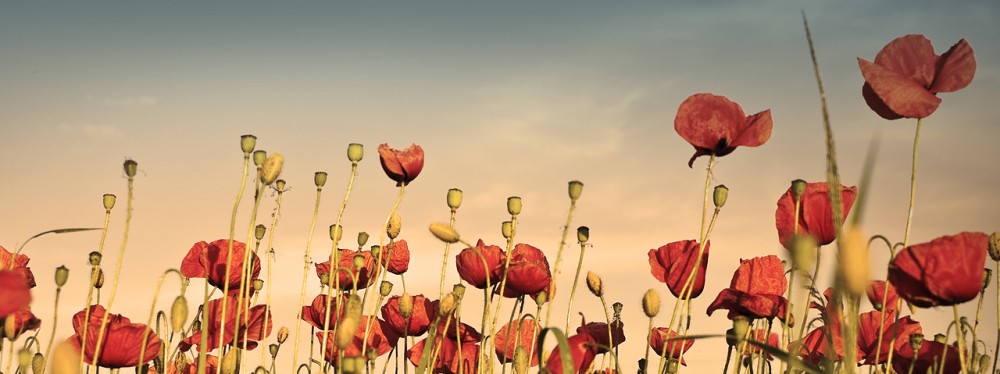Holy Trinity School in Upper Tooting, was last mentioned on the blog with regard to the pupils knitting socks for soldiers in August 1914 – an endeavour which presumably continued but unfortunately isn’t regularly noted in the school log books. The school was affected by the war in other ways, one of their teachers – D J Davies – was called up to the London Welsh Regiment in October 1914 and did not return to the school until February 1919, by which time he had been awarded a Military Cross. He took a day off to formally receive it in June 1920. Another teacher, John Moody left to go to Malta in September 1914 with the territorial army, he was killed on 1 July 1916 (the first day of the Battle of the Somme) and is commemorated on the Thiepval Memorial. Assistant A C Swain was called up in June 1916, returning to school in March 1919, and another assistant, B C Moore, went for medical examinations but was presumably found unfit to serve, as he remained the school for the rest of the war.
The pupils also continued to contribute to the war effort, including being part of the fundraising across Wandsworth Schools for an ambulance. On 17th April, the ambulance visited the school so that “the boys might see it and its arrangements before going to France”.
The Wandsworth Borough News referred to it as a “splendidly equipped ambulance”, having followed the progress of its fundraising in previous weeks. It was to be presented to the “Mayor’s battalion” and visited all the schools across Wandsworth. The Mayor himself was unable to go with it, being occupied with the Tribunals, but Alderman Cresswell and Miss Edwards, who had organised the fundraising, went round the schools instead.
The ambulance wasn’t the only disruption to the timetable that morning. 2016 marks the four hundredth anniversary of the death of Shakespeare, and you would be forgiven for assuming that the tercentenary in 1916 was over-shadowed by the war and perhaps not marked. In Holy Trinity School, however, it was marked with Shakespeare songs and recitations, and on the same day as the ambulance visited the last two lessons of the morning were cancelled for standards 1, 3, 4, 5, 6 and 7 in favour of a combined practice of the Shakespeare songs for the tercentenary.
Holy Trinity School, Upper Tooting, logbook, ref: S12/2/4







